Finances
Best payment type if you are trying to stick to a budget
Wondering what is the best payment to stick to a budget? Check out this post for everything you need to know about the different types of payments.
Advertisement
Find the right payment type for your budget

Finding the best payment type to stick to a budget can keep you organized and help you manage your money wisely.
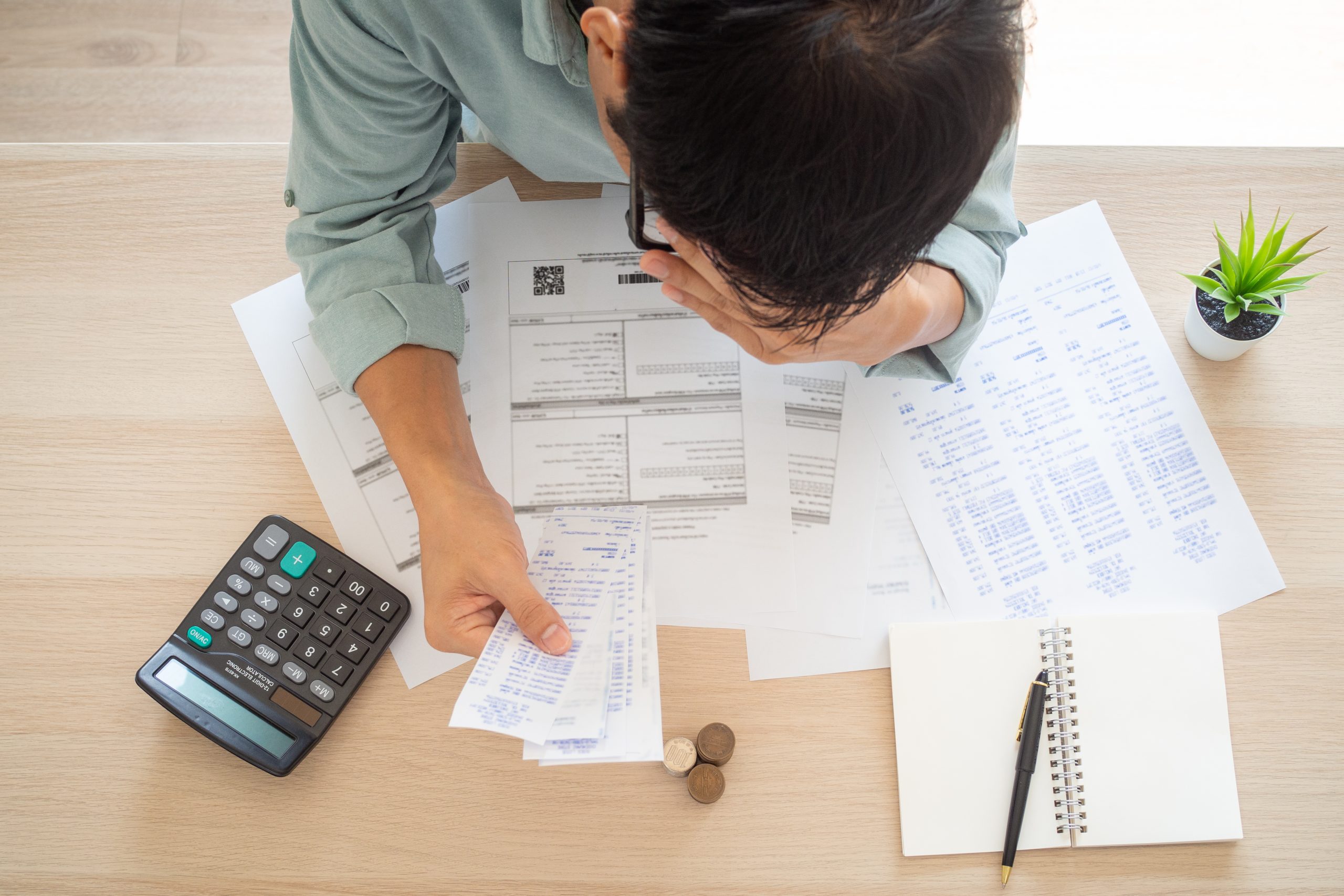
13 simple ways to lower your electric bill
Follow these simple tips to lower your electric bill and reduce energy costs. You can start saving right now! Read on and learn how!
From traditional methods to newer options, let’s explore some of these popular payment types – so you can find one that works best for managing your financial goals. Read on!
You will be redirected to another website
You’ll receive messages for less than 1 week, with a maximum of 1 message per day. You can unsubscribe anytime by replying STOP. By submitting this form, I confirm that I am 18+ years old and agree to the Privacy Policy and Terms and Conditions. I also provide my signature, giving express consent to receive informational messages via automated emails, SMS, MMS text messages, and other forms of communication. Message frequency may vary as part of our good-faith effort to respond to your inquiry. Message and data rates may apply. Text STOP to cancel. I understand that my consent to receive communications is not a condition of purchase and that I may revoke my consent at any time.
Advertisement
Which payment type is best if you are trying to stick to a budget?
Staying on a budget can be one of the most challenging tasks, especially when trying to stretch your dollars and make them last.
One way to stay within your budget is by being mindful of your payment methods.
There are many payment methods, and the one that will help you stick to a budget depends on your lifestyle, mainly. Here is a list:
1. Credit card
One of the most popular payment methods is credit cards.
Credit cards offer convenience and safety, as purchases can be easily made online or in-store without worrying about carrying large amounts of cash.
Additionally, many credit cards offer rewards such as cashback or points that can be used for discounts on future purchases.
Advertisement
Pros
- Build or rebuild credit;
- Earn rewards and discounts;
- Improve your financial habits;
- Fraud Protection;
- They are accepted worldwide.
Cons
- Hidden costs;
- Easy to overuse;
- Annual fee.
Advertisement
2. Debit card
Using a debit card is one of the most popular ways for customers to pay for goods and services because it allows them to instantly access the funds in their bank account.
Most debit cards also come with spending limits, which helps customers stay within their budget.
However, most debit cards do not offer rewards or cashback, so they may not be the best option if you want to save money while making payments.
Pros
- Easy to get;
- Spend only the amount you have;
- Low fees;
- Easy to manage.
Cons
- No effect on your credit score;
- Overdraft;
- Limited or no rewards.
3. Money market account

A money market account is a type of savings account that pays higher interest rates than traditional savings accounts.
While this option might be right for those looking to invest more funds, it’s important to remember that withdrawals are limited, and the funds take longer to get deposited.
Pros
- High-interest rates;
- Safe investments.
Cons
- High minimum balance;
- Limited withdrawals;
- Transaction limits.
4. ACH payments
An ACH payment (Automated Clearing House) is an electronic way of transferring funds from one bank account directly into another.
This payment type can be helpful if you need quick access to funds or have multiple bills or expenses due simultaneously.
However, ACH payments can sometimes take up to three days before they are cleared and posted in your account.
Pros
- Fewer payment failures;
- Lower payment processing rates.
Cons
- Mainly valid nationwide;
- Slow settlement time.
5. Checks
Writing checks can be an easy way to keep track of your budget as long as you don’t forget about them.
It’s important to note that checks take time to process and deliver, so if you need a payment made on short notice, this may not be the best option.
Also, writing too many checks can lead to service fees from your bank or other financial institutions.
So ensure you have enough money in your checking account before writing out any checks.
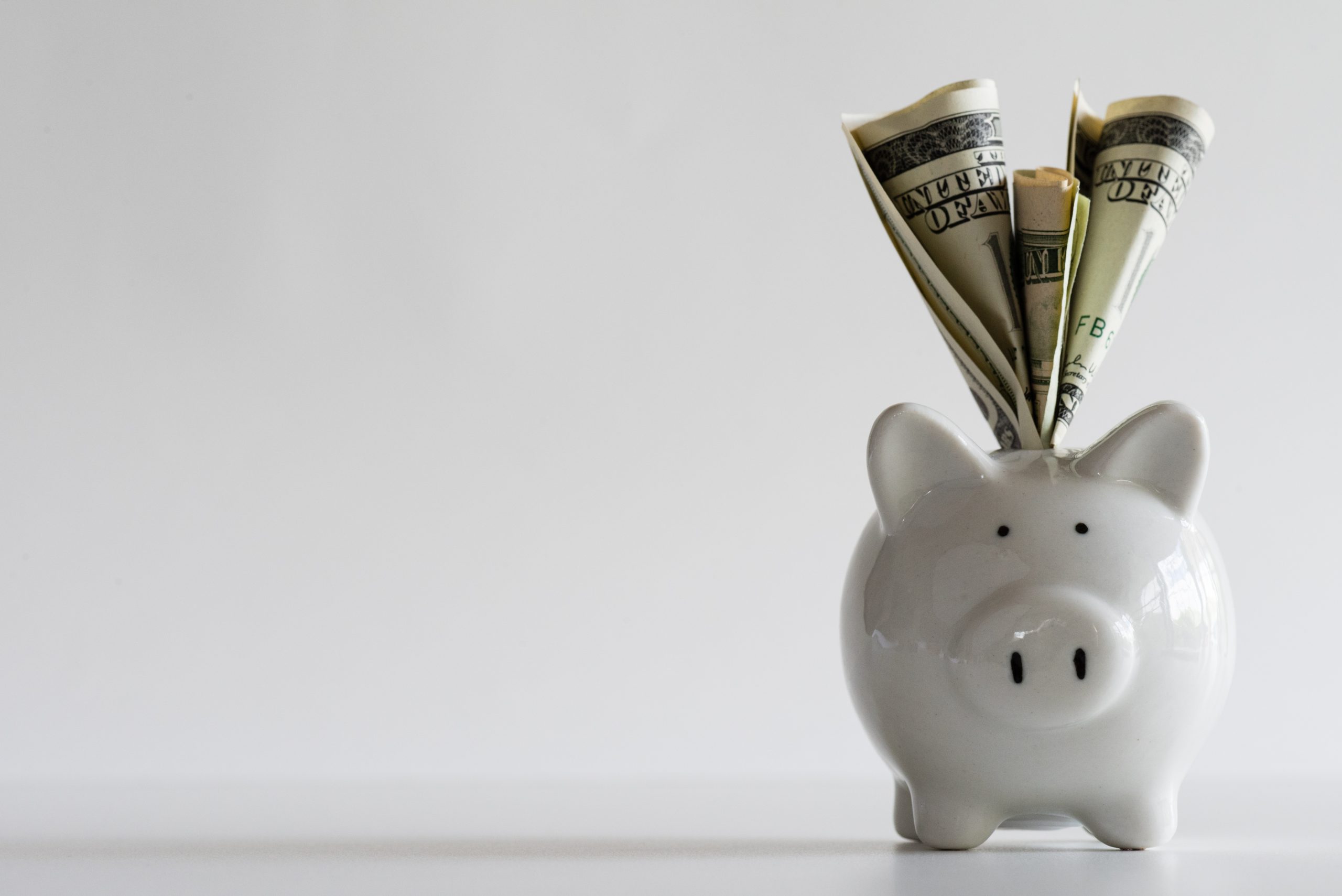
How much should you save to move out
If you're wondering how much money you need to save to live independently, this is the guide for you. Figure it out here!
Pros
- There are no convenience fees;
- Payment proof;
- Easy to send money.
Cons
- They aren’t cheap;
- Processing is slow.
6. Cryptocurrency
Cryptocurrency such as Bitcoin is becoming increasingly popular as an alternative form of payment.
This new digital currency has no physical form.
Still, it allows customers instant access and control over their finances without worrying about exchange rates or hidden fees associated with international transactions.
However, prices fluctuate often, and there is always the risk that its value could drop drastically in the future—so use caution when considering this type of payment.
Pros
- Potential high returns;
- Free from government control;
- Accessibility;
- Encrypted protection.
Cons
- No government regulation;
- Limited places of use.
7. Cash
Cash is an ideal form of payment for those who prefer tangible money over plastic cards.
It’s easy to track how much money you’re spending since you can physically see the bills leaving your wallet.
Plus, using cash helps prevent impulse purchases since it can be harder to part with actual money than swipe a card.
Carrying large amounts of cash around isn’t always feasible or safe while cards offer fraud protection, there are no protections if your physical money is stolen or lost.
Pros
- Easy to control;
- No interest charges or fees;
- It helps to use less credit.
Cons
- No interest is earned;
- There is no protection in case of loss.
8. Mobile Wallet

Digital wallets such as PayPal, Apple Pay, and Google Pay are becoming increasingly popular due to convenience.
All you need is an app on your phone or device, and you can start making transactions immediately.
They are fast and secure, making it easier for customers to pay anywhere in the world with just a few clicks.
However, there may be fees associated with digital wallet payments depending on where you shop, so check before making a purchase.
Pros
- Portable to carry anywhere;
- Safe;
- You can access it with your phone.
Cons
- There might be transaction fees.
Bottom line
Ultimately, finding the right payment type to stick to a budget depends on your needs and preferences.
Each type has pros and cons, so it’s important to consider all options before deciding which one works best for you.
Pay attention to cost savings and convenience while providing adequate security measures against fraud or theft.
Considering these factors will help ensure you choose a payment type that meets all your needs while keeping within your budget.
If you want to learn more about sticking to a budget, read our post below to start creating your budget today.
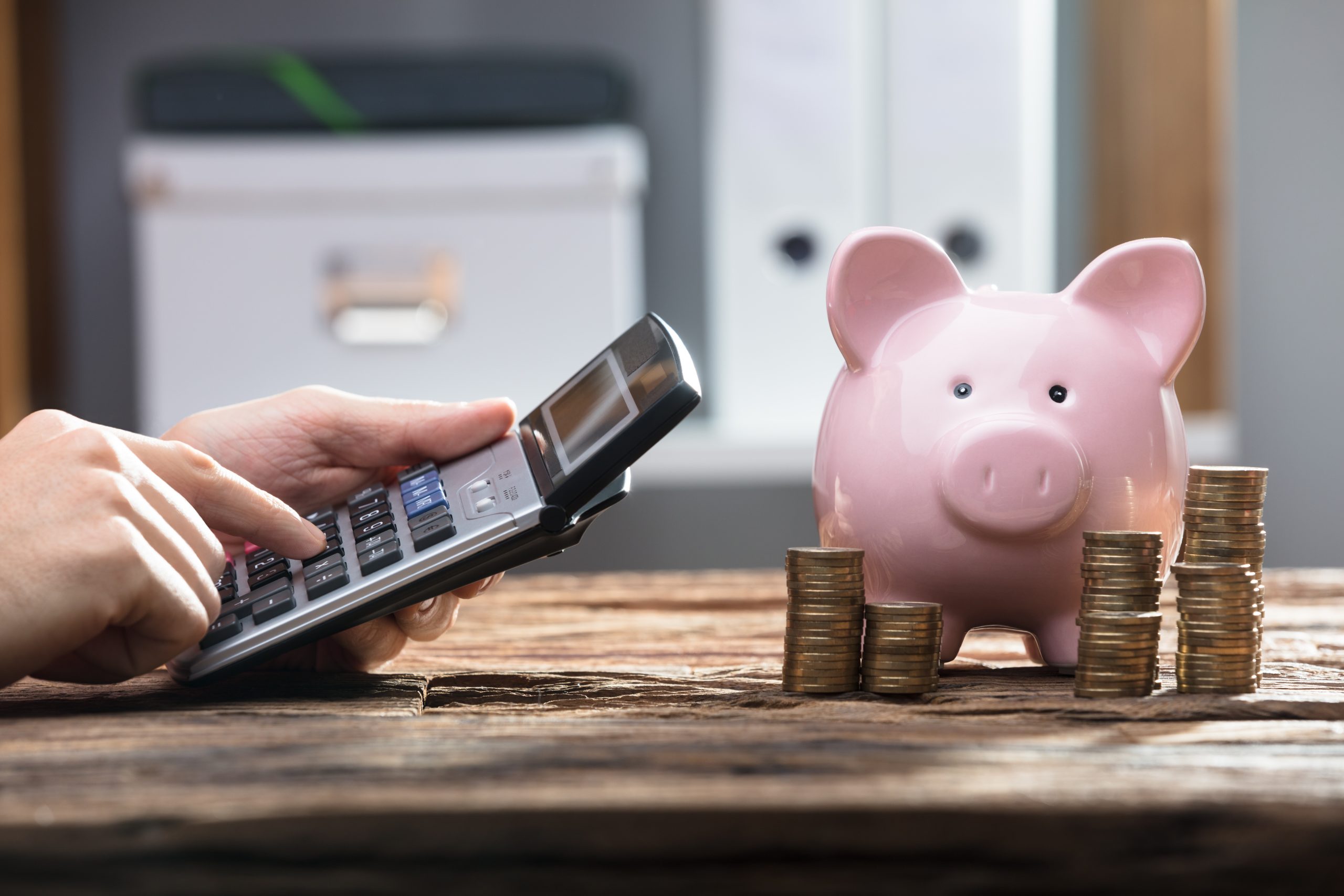
How to create a weekly budget
Creating and sticking to a weekly budget can be tough, but it's not impossible. These 10 tips will help make it easier for you! Read on!
Trending Topics
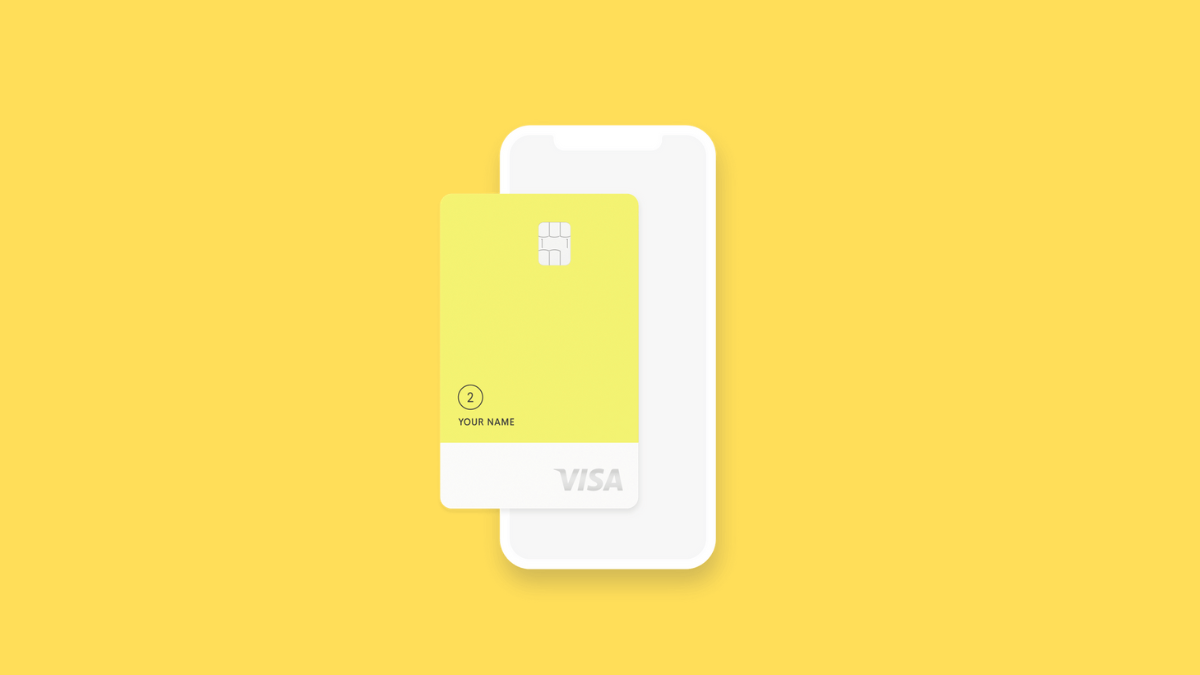
Petal 2 “Cash Back, No Fees” Visa Credit Card application: how does it work?
Do you know how to apply for the new Petal 2 "Cash Back, No Fees" Visa Credit Card? Read our step-by-step guide!
Keep Reading
Lazy investing for starters: 3 fund portfolio
Looking for a lazy investing portfolio? You need to check out the 3 fund portfolio strategy. It’s profitable, it’s simple and it’s proven.
Keep Reading
Porte Mobile Banking application: how does it work?
Don't miss out; explore the incredible benefits of Porte Mobile Banking. See how to apply, step by step, now in our post! No ATM fees.
Keep ReadingYou may also like
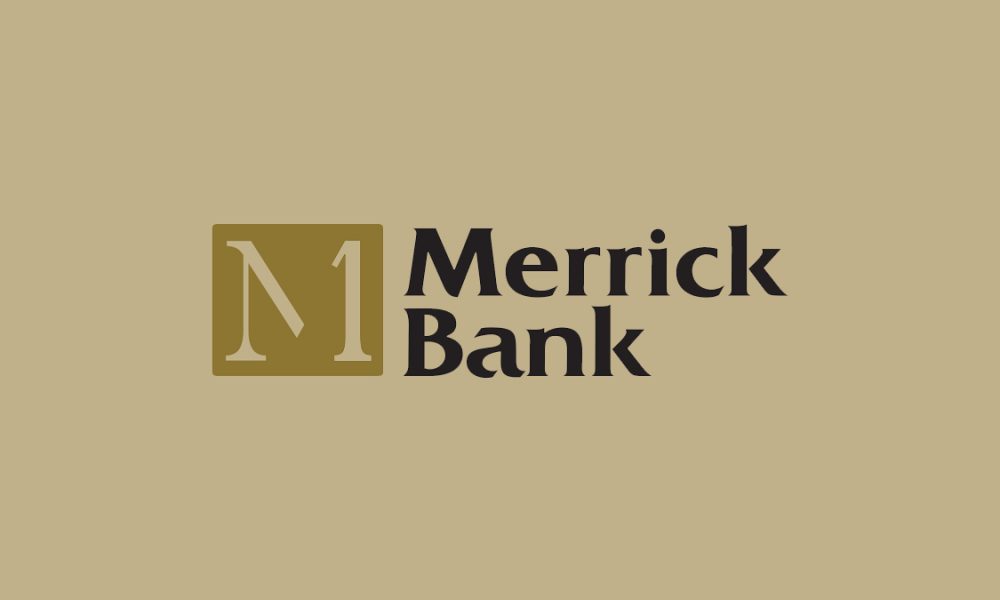
Learn to apply easily for Merrick Bank Personal Loan
Learn how to apply for a Merrick Bank Personal Loan. Approval comes out within a day, and the application process is extremely simple.
Keep Reading
Wells Fargo Autograph℠ Card review
Read our Wells Fargo Autograph™ Credit Card review, and learn how to enjoy multiple benefits. No annual fee, cash back rewards!
Keep Reading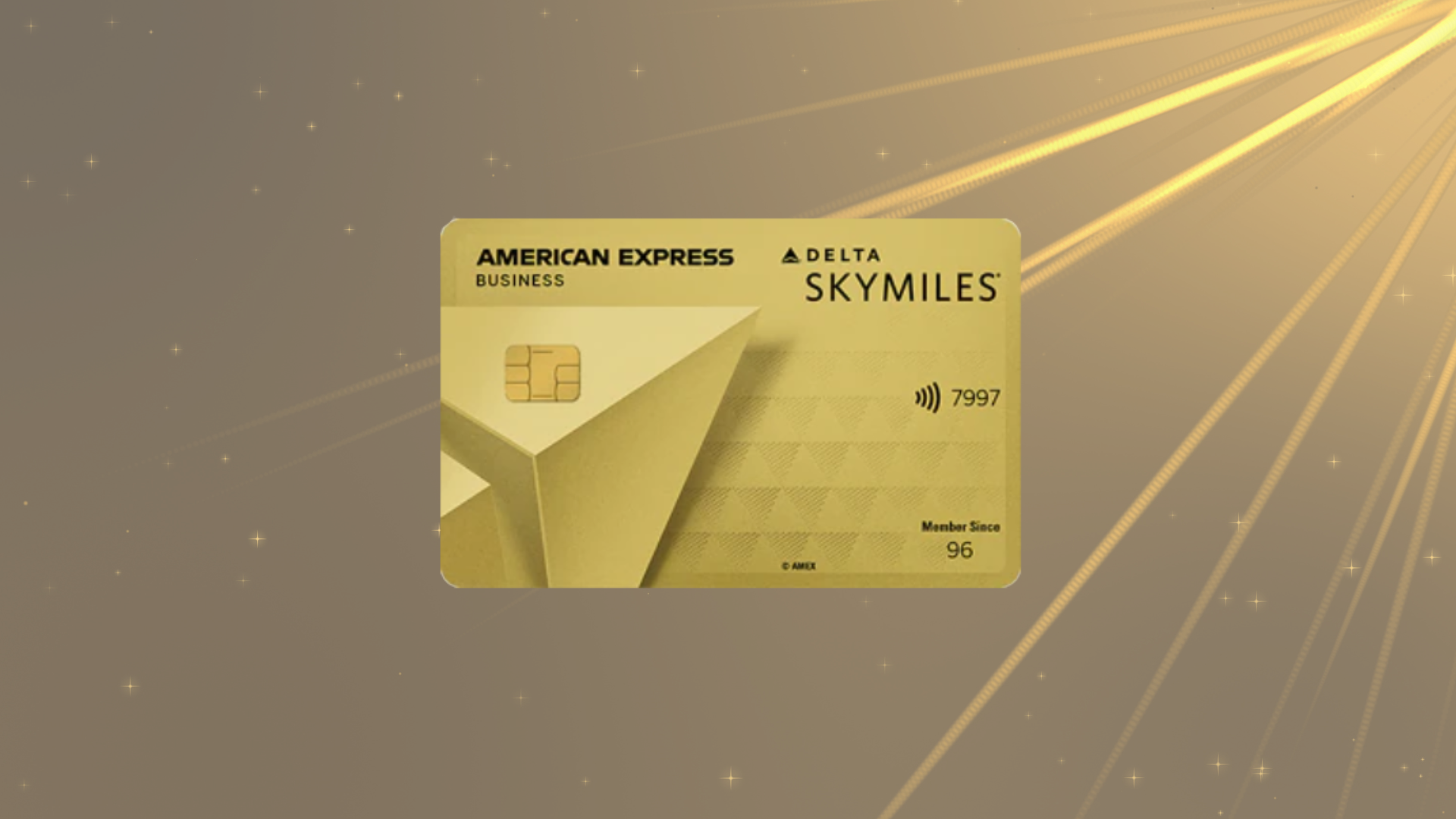
Delta SkyMiles® Gold Business American Express Card review
Here is the Delta SkyMiles® Gold Business American Express Card review to help you understand how it works. Keep reading!
Keep Reading